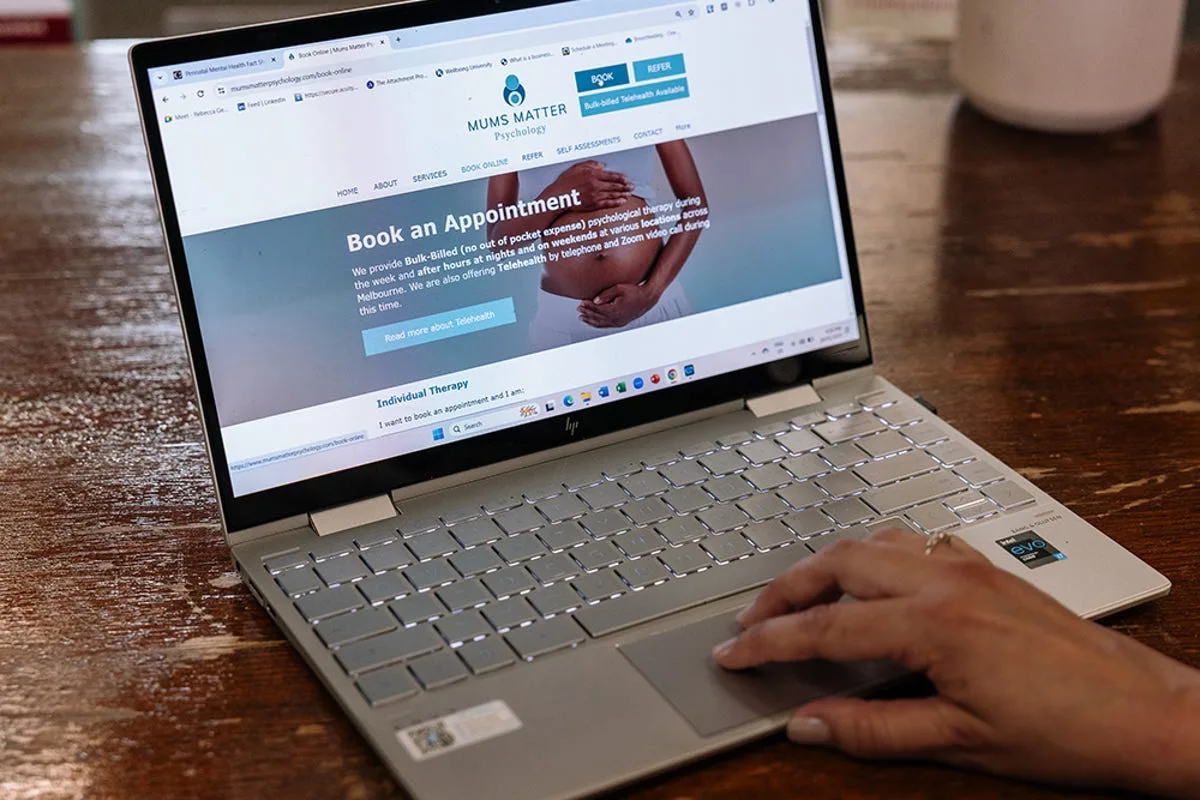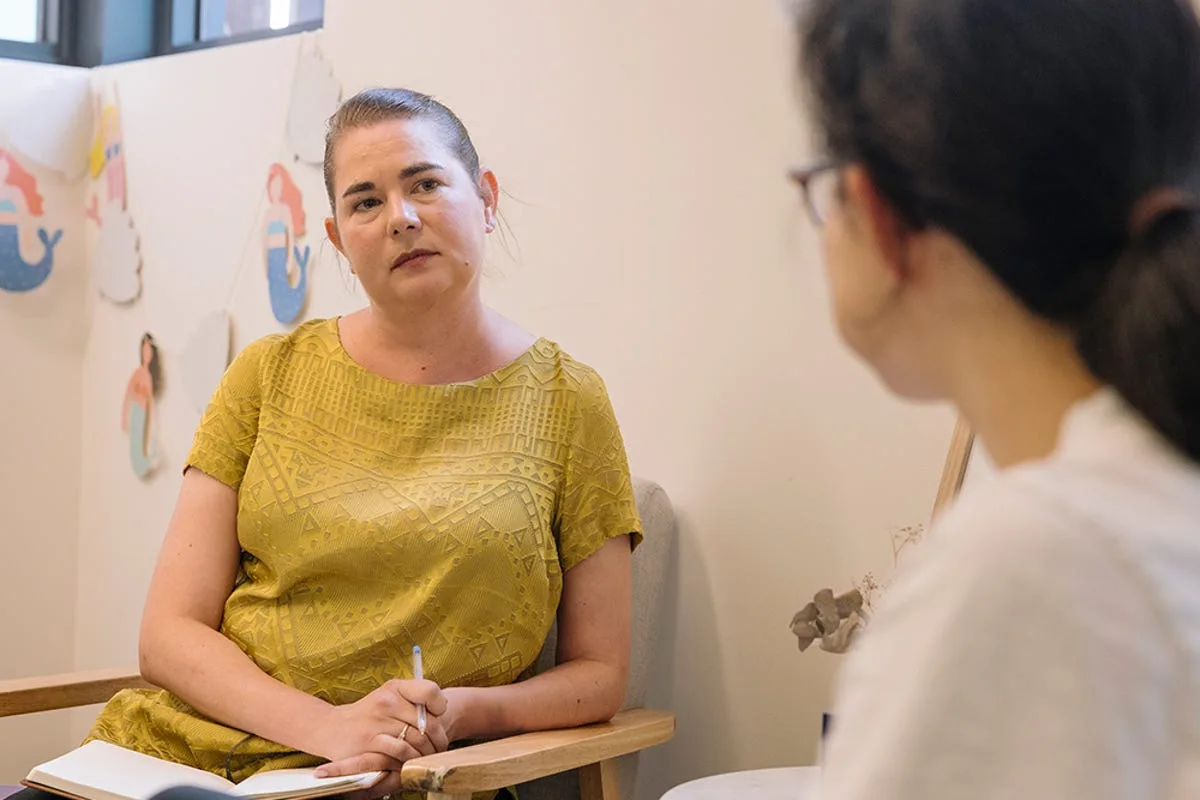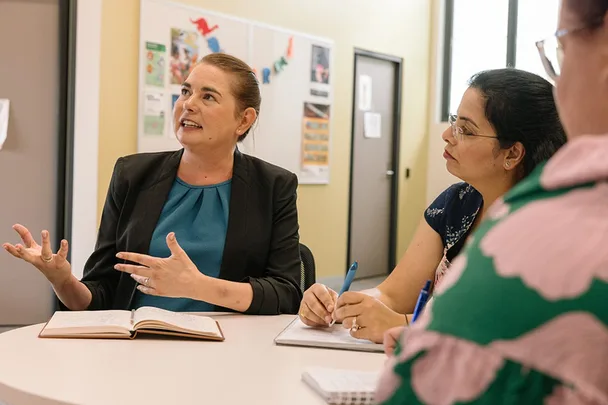If you ever doubted that new mothers are superhuman, you might want to meet Frances Bilbao, a clinical psychologist and the driving force behind Mums Matter Psychology.
Driven by her lived experience as a mother of three, she embarked on a transformative mission to fill critical gaps in mental health support for new mothers across Australia. “Becoming a new parent is hard for everyone,” she says. “I could imagine how extraordinary the struggle would be when you don’t have the same resources.”
It’s a purpose so powerful, that Bilbao is one of 33 women globally to receive the prestigious Cartier Women’s Initiative Fellowship in 2024. Coming third place in Oceania category, she was awarded USD $30,000 in grant funding at the recent ceremony in Shenzhen, China.
The Cartier Women’s Initiative was established in 2006
The initiative stands as a pivotal annual international entrepreneurship program dedicated to empowering women impact entrepreneurs worldwide. This initiative welcomes women-run and women-owned businesses across all sectors and countries, prioritising those committed to fostering robust, sustainable social and/or environmental impacts.
Bilbao’s organisation, grounded in personal and professional insights, aims to provide specialised and accessible therapy during the challenging transition to parenthood.
The inspiration for Mums Matter Psychology stemmed from firsthand observations of the profound struggles faced by new mothers, exacerbated by a scarcity of perinatal mental health professionals.

70 percent of the cases at Mums Matter Psychology are for perinatal depression and anxiety
Globally, about 20% of new mothers experience mental health disorders such as depression and anxiety, yet in Australia, a shortage of perinatal therapists contributes to high costs and limited accessibility. “Roughly 70 percent of the cases we see are for perinatal depression and anxiety. But we also address other issues surrounding the transition to parenthood, such as relationship difficulties, pregnancy loss, and secondary infertility,” she explains. Recognising these challenges, Bilbao ensured her practice offers therapy without any upfront costs, ensuring financial barriers do not hinder access. “Patients don’t have to pay a single cent to receive counselling from us,” she emphasises, highlighting the organisation’s commitment to inclusivity.
Mums Matter Psychology stands out not only for its financial accessibility but also for its innovative use of telehealth, which has proven instrumental, especially for mothers contending with childcare, sleep deprivation, and logistical hurdles. Bilbao says, “Telehealth breaks down barriers. It allows us to reach rural and regional women, those in domestic violence situations, or those simply unable to leave their homes.”
The efficacy of Bilbao’s approach is evidenced by tangible outcomes observed across her client base. Anecdotal evidence and client feedback affirm the significant impact of telehealth in facilitating access to crucial mental health services. “There’s no therapeutic difference between telehealth and in-person sessions,” Bilbao says. “It’s breaking down barriers that historically prevented many from seeking help.”

The organisation strives to build a supportive community where new mothers feel understood and supported
The economic impact of Mums Matter Psychology is equally significant, with estimated savings of approximately USD$18.3 million in reduced absenteeism, fewer health service utilisation, and decreased physical and mental health disorders last year alone.
Beyond practical accessibility, Mums Matter Psychology addresses a societal oversight: the mental health challenges faced by new mothers post-childbirth. Bilbao laments the current societal focus, stating, “There’s much emphasis on pregnancy and birth, but insufficient attention to what follows —sleep deprivation, hormonal shifts, and identity changes.”
Her initiative seeks not only to provide therapy but also to reshape societal expectations and reduce stigma surrounding postpartum mental health. Bilbao aims to foster open conversations and supportive systems, challenging misconceptions about maternal struggles. “There’s a misconception that struggling with the challenges of motherhood means you don’t love your child. We need to change that narrative.”
The impact of Mums Matter Psychology extends beyond individual therapy sessions. Bilbao envisions building a supportive community where new mothers feel understood and supported, prioritising mental health as integral to comprehensive postnatal care. “It’s about creating a safe space for women to share their experiences without fear of judgment.”
Looking ahead, Bilbao is committed to expanding her reach and influence, collaborating with national bodies and advocates to elevate perinatal mental health on the public agenda. Her goal is universal access, ensuring every new mother, regardless of location or circumstance, receives the mental health support she needs during this vulnerable period.
As Frances Bilbao continues to pioneer in perinatal mental health, her story resonates as a beacon of hope and advocacy. Through Mums Matter Psychology, she not only addresses a critical gap in healthcare but also empowers women to navigate motherhood with resilience and intact mental well-being. “It’s about giving back and using my skills to support vulnerable people—it’s a mission that drives me every day.”
For more information on Mums Matter Psychology, go to mumsmatterpsychology.com. To discover more about the Cartier Women’s Initiative, go to cartierwomensinitiative.com










